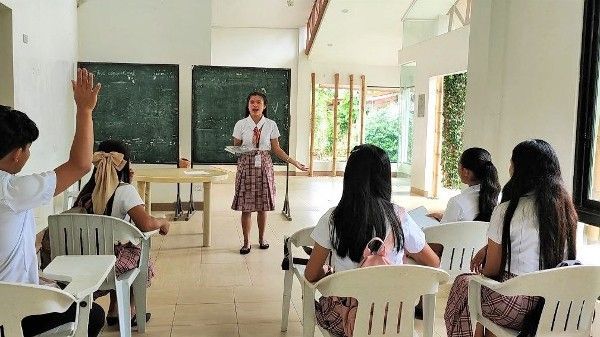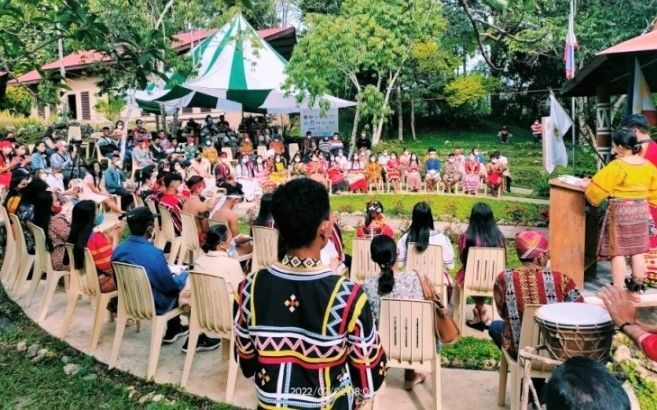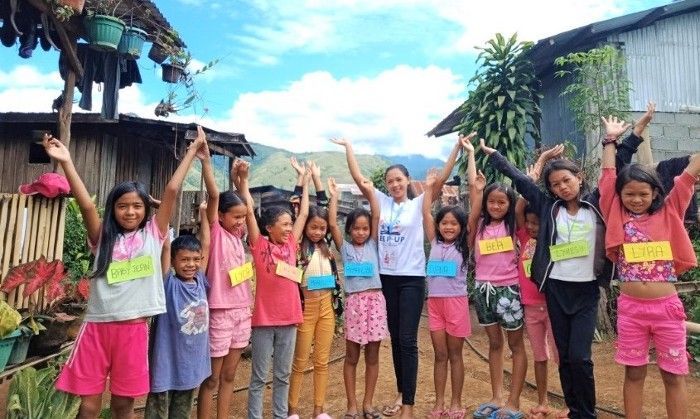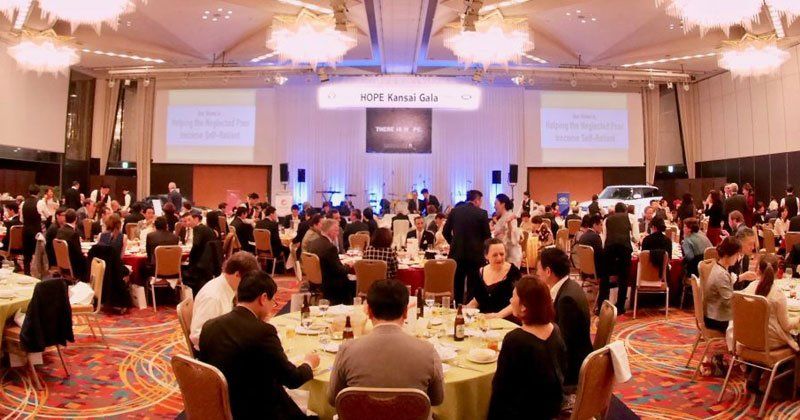An Institution Dedicated to Educating Indigenous Communities
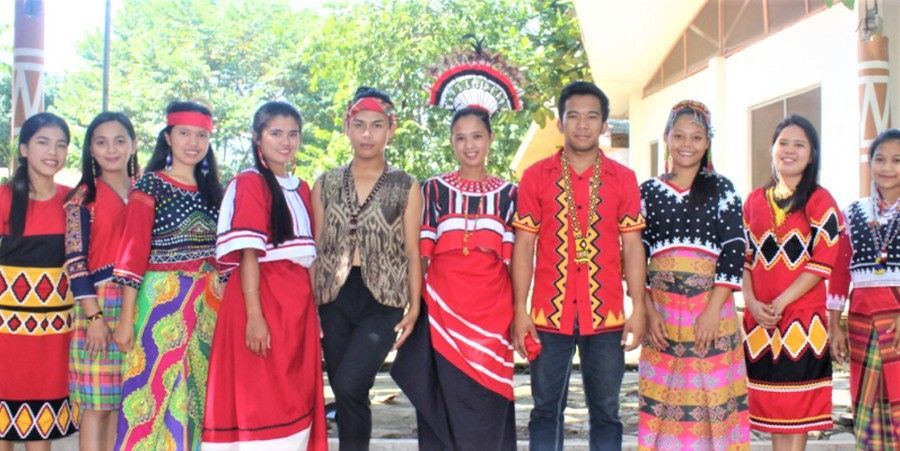
Nurturing Leaders of the Next Generation of Indigenous Peoples
The indigenous peoples of the Philippines have been marginalized and discriminated against because of their minority status. As a result, they have lost pride in their culture and have stopped using their own language. Traditions are thus not being passed on, and the disappearance of indigenous cultures is now accelerating.
The Pamulaan Center in Mindanao, Philippines, is located at the University of Southeastern Philippines which solves problems faced by indigenous peoples and opens opportunities for higher education of young people who will lead the inheritance of their traditional culture and the development of their people. Currently, students from 85 indigenous people groups (IP) from within and beyond Mindanao are enrolled at this institution.
Pamulaan features Bachelor's degrees in Elementary Education, Social Entrepreneurship, and Agricultural Management from its affiliated University of Southeastern Philippines, while also imparting the knowledge and skills necessary for the development of IPs. The five pillars of the Next Generation Leadership Program are "Respect for Diverse Cultures," "Environmental Responsibility," "Socioeconomic Sustainability," "Connection to Nature and Spirit," and "Community Service," and the program provides training to empower the next generation of leaders to make a difference in their IPs' circumstances.
HOPE supports 10 students each year. All the students are pursuing a bachelor's in Elementary Education. During breaks and at the end of each semester, they return to their communities of origin to teach children reading, writing, and arithmetic, thereby acquiring practical skills. After graduation, they work as teachers, providing education to indigenous children and sharing the knowledge necessary to pass on their culture to the next generation.
Cultivating Societal Problem-solving Skills
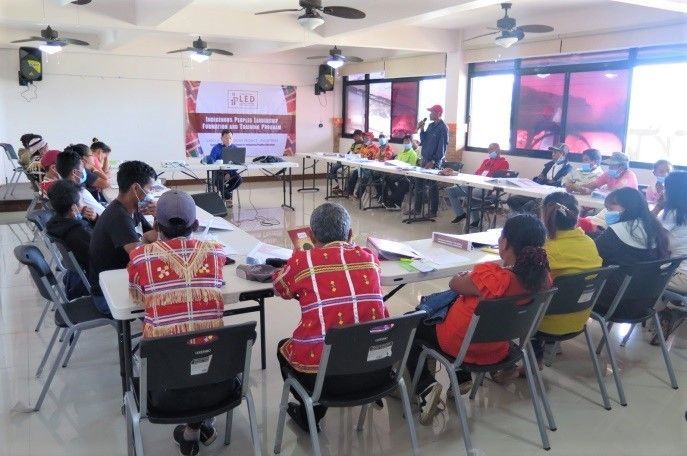
It is important for leaders to have the skills to respond to a rapidly changing society. Some classes focus on issues such as climate change, healthy use of social media, and the SDGs, which can be used immediately in today's society.
Developing an IP community sometimes requires rethinking the traditional way of doing things. Gender balance in roles and practices in households, livelihoods, and community activities is also being discussed with experts from around the Philippines.
Connecting Experiences -- joining the next generation of leaders
Cooperation with those in surrounding communities is a major driving force in improving the situation of IPs. Through active participation in development activities in rural communities and IP summits around the country, students can interact with young people from other ethnic groups and of the same age. At the IP Leadership National Assembly, which brought together indigenous youth, elders, and leaders, they discussed the issues and concerns that IPs currently face, as well as their responsibilities and solutions to these issues for the future.
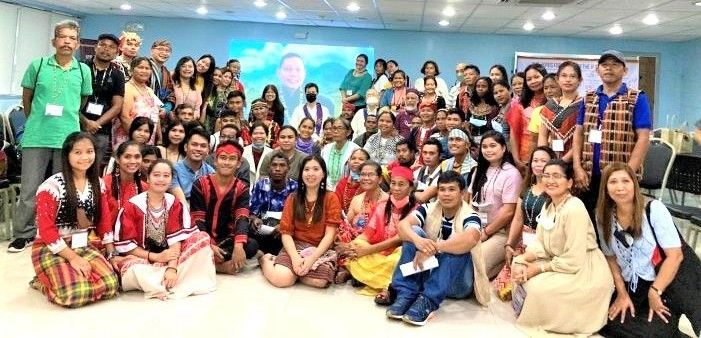
This intergenerational discussion experience is a great learning experience for students. Pamulaan offers a variety of opportunities for students to learn and gain experience to become the next generation of leaders.

